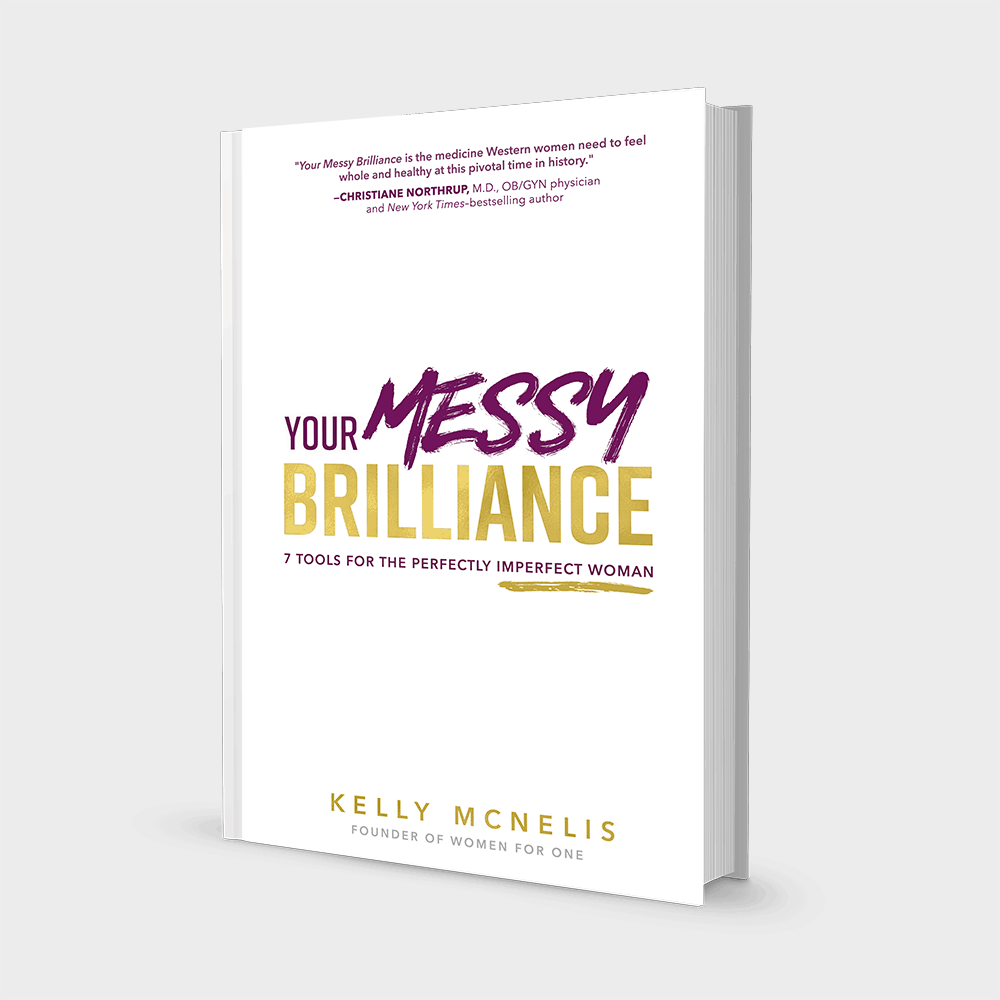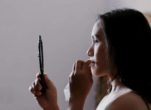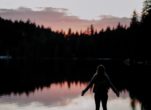
Talking, Trusting, and Feeling One Day at a Time
My first “drug of choice” was sugar (although I was blissfully unaware of this at the time). I was able to numb my feelings and escape my tempestuous thought-life with the aid of a sugar rush.
I felt terribly insecure as a child; my mind was troubled by a critical inner voice, and I was riddled with feelings of low self-worth. It was no wonder that when I discovered alcohol at the tender age of 10, this rapidly became my new fix and I subsequently became a full-blown alcoholic by the age of 13. The sudden death of my grandmother (a surrogate parent in many ways) at around the same time was a crushing blow, leaving me utterly bereft and traumatized. The day after she passed away, I suppressed all feelings of anguish and went to school hoping to distract myself, but I soon found myself getting into all kinds of trouble.
I had my stomach pumped at the age of 13 or 14 as a result of alcohol poisoning and remained in the hospital for two nights. I was smoking marijuana regularly and found it difficult to integrate with my peers at school, gravitating instead to other dysfunctional teenagers. I was much more interested in collecting vinyl and playing records at a friend’s house than sitting in class and learning math. In hindsight, electronic dance and rock music were my therapy. I later started to DJ at school dances, then on pirate radio in London, and I forged a moderate career in the music industry.
Unfortunately, at the age of 15, I started to use both cocaine and ecstasy—and it did not take me long to succumb to cocaine addiction. Alcohol and cocaine proved to be a devastating mix. Cocaine kept me wide awake and eased any hangovers, while alcohol numbed my body from emotional pain (I later learned that I was suppressing grief and unhealed trauma). I became paranoid and started to withdraw from society, only feeling any kind of relief when I was DJ’ing. I avoided daylight and sought refuge in a crack house that was situated in an affluent suburban town in Greater London (the irony was that I never used crack cocaine, but I somehow felt safe there).
At age 19, after a night of using cocaine, the ambulance was called (again) due to severe heart palpitations. Thankfully, the young woman who owned the house later drove me home. I clearly remember disclosing to her that I needed help. It was the first time I had admitted to another human being that drugs were destroying my life.
The following day, I called my doctor. He put me in touch with a local drug and alcohol center. It took another two years of unsuccessful attempts to stop using alcohol and illegal mind-altering drugs before I was able to eventually quit for good (two weeks after my 21st birthday). That was over 14 years ago.
Since then, I have been attending regular support groups. I’ve had to address other addictive behaviors (binge eating, porn) and self-depriving tendencies such as love avoidance (the opposite of love addiction). I have been through a process of healing from frozen grief and suppressed trauma (having manifested most of the symptoms of complex PTSD). I have made huge progress in living a “normal” life as a result of attending weekly support groups, honoring my feelings, and letting go of unhelpful survival traits.
I have received immense assistance from both men and women in my support groups. Sober women in recovery have taught me how to forgive myself and get some perspective so I can be gentle on myself. I still have a female mentor and a handful of male mentors, too. I am learning to talk, trust. and feel one day a time. The world is a much brighter place.
Lastly, I have found being in the presence of animals to be very healing. Between 2010 and 2012, my partner and I lived with and looked after 2 Labradors (black and gold), 3 cats, 9 puppies, 36 kittens, a tortoise, and a rabbit. We lived in the countryside during this period, and so it was suitable. My partner and I now live on the coast in Brighton and Hove, England (the English Channel is at the bottom of our road). Nature, including animals, is incredibly cathartic for people recovering from frozen trauma, grief, and addictive behaviors.









0 comments to "Talking, Trusting, and Feeling One Day at a Time"